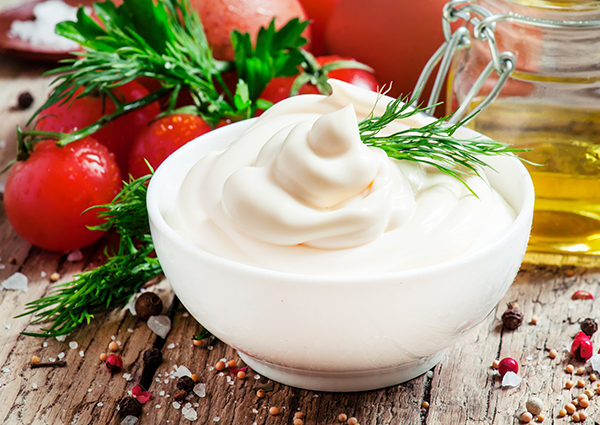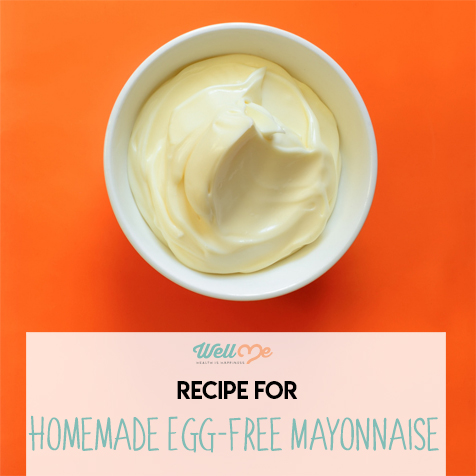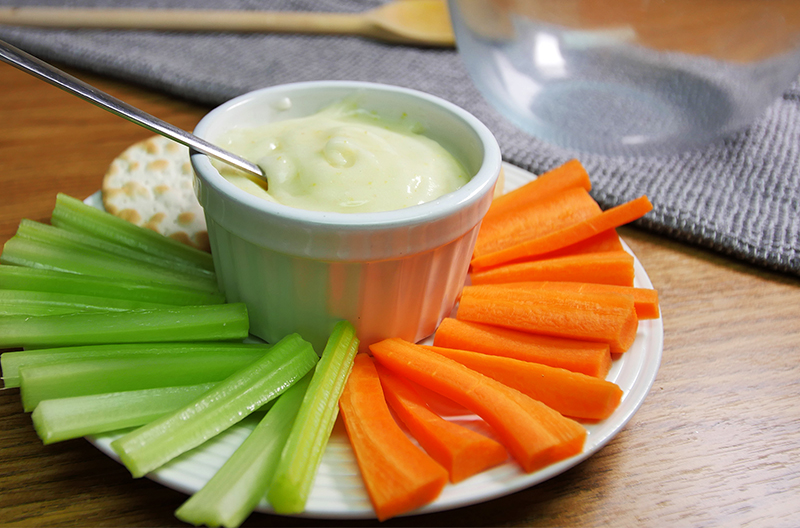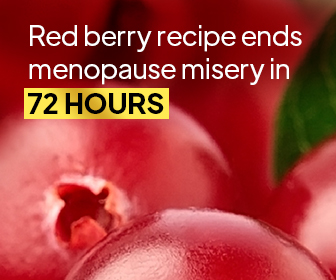Mayonnaise is one of the most widely-used condiments in the United States, with popular uses from salads to burgers. Mayonnaise is a staple in the American diet, and it’s not hard to see why – it adds a cool flavor to your chicken sandwich or an extra texture to your BLT. It is hard to find another condiment that compares to mayonnaise.
Mayo does have its dark side, however – it is one of the least healthy condiments in the United States. With a huge calorie count and a standard portion (around 3 tablespoons) containing over 50% of your daily fat, mayonnaise can easily contribute to overeating and its inclusion in the modern American diet has a measurable effect on the obesity epidemic that faces 21st century Americans.
Today, we’re going to give you two healthier alternatives to regular mayonnaise, including a totally vegan option and one for omnivores. Whether you’re allergic to eggs or simply want a healthier alternative to one of America’s favorite condiments, these recipes provide a great alternative.
What’s Wrong with Store-Bought Mayo Alternatives?
 A typical mayonnaise contains egg yolk, olive oil, vinegar, lemon juice, mustard, and pepper, whirled together until smooth and creamy. So how can you alter this simple recipe to make it easier on the waistline?
A typical mayonnaise contains egg yolk, olive oil, vinegar, lemon juice, mustard, and pepper, whirled together until smooth and creamy. So how can you alter this simple recipe to make it easier on the waistline?
One obvious option is to replace your mayonnaise with a yogurt but the taste and texture aren’t the same. Several “reduced fat” or vegan mayonnaise alternatives are available as well. However, there are many issues to consider in products that advertise themselves “fat free” and it’s difficult to find a vegan alternative where the taste and textures are comparable to the original.
The next best solution may well be to start by removing the egg yolk. A single large egg contains up to 5g of fat, most of which is found in the yolk, the part included in mayo. While eggs are a source of healthy fats, this high fat content is an easy way to overeat and contributes to mayo being so calorie-dense.
A Great, Vegan Alternative to Egg
Luckily, there’s a great egg replacement that you might even have in your kitchen cupboards right now without even realizing it. There are many different names for this ingredient: aquafaba, chickpea liquid, bean cooking liquid, bean juice, etc. Basically, aquafaba is the liquid you would usually discard upon draining a can of beans of chickpeas – the thick, clear liquid that keeps legumes fresh. Aquafaba is a magical ingredient that brilliantly emulates the unmistakably fluffy texture of whipped egg whites (in can even make great merengue!).
Egg-Free Homemade Mayonnaise
This eggless mayo has the same taste and texture as traditional mayonnaise. It is exceptionally tasteful and makes the perfect addition to any salad or sandwich.
For this recipe, you will only need five ingredients. Making the mayonnaise doesn’t need to turn into an endurance event either – you can use a hand-held blender or food processor. The key for both is to add the oil very slowly, in a steady stream, while the blender or processor is running. Of course, if you’re choosing to make this recipe by hand, just keep whisking vigorously.
Serves: 16 servings (1tbsp per serving) | Calories: 89kcal per serving
Ingredients
- 3 tbsp. aquafaba
- 1 tbsp. fresh lemon juice
- 1/2 tsp dried mustard
- 1/2 tsp salt
- 3/4 cup vegetable oil (or any neutral tasting oil)
Instructions
- Combine the aquafaba, lemon juice, mustard, and salt in medium bowl. Whisk until well blended – this should take around 30 seconds.
- Gradually add the oil in a very slow, thin stream, whisking constantly, until mayonnaise is thick. This should take around 8 minutes.
- Cover the mayonnaise and chill in the fridge until ready to use. You should be able to store this eggless mayonnaise in an airtight container for up to 3 days.
Healthy Avocado Mayo: Something A Little Different
Mayonnaise is an emulsion of egg yolks, oil, and lemon juice. As we have already seen, a good way of making traditional mayonnaise healthier is to remove the egg yolk and, therefore, much of the fat and cholesterol content. But what about other healthy fats? What if you could not only reduce the negative impacts of mayo, but also increase its positive nutritional value?
One of the most well-known sources of healthy fat, wildly available in our culture, is avocado. Avocado has rocketed to popularity in recent years as a healthy source of plant-based fats, establishing itself as a staple in the diet of vegetarians and omnivores alike.
Mashed avocado in of itself can work well as a mayonnaise substitute but this next recipe will allow you to get even closer to the texture and flavor of regular mayonnaise.
One advantage to this avocado-based mayonnaise is that there is less chance of separating and it can be re-mixed easily. You might want to experiment with the type of oil you use in this recipe. Most neutral-flavored, plant derived oils will do the job. Two that were found to work the best, however, are pure olive oil (not extra virgin) and avocado oil.
Adding a little bit of lemon or lime juice will help to mimic the natural flavors of regular mayo and adding a little mustard might also help with this, but expect a distinctive green appearance!
Ingredients
- 2 ripe, fresh avocados
- 1/4 cup high quality plant-derived oil (high quality olive oil suggested)
- 1 tsp of lemon juice, lime juice or apple cider vinegar
- 1/2 tsp garlic powder
- 1 tsp salt
- 1 tbsp. Dijon mustard (optional)
- 1/2 tsp ground black pepper
Instructions
- Put all ingredient in a blender or food processor and blend at medium speed until mixed and emulsified.
- Store in an air tight container for up to 2 days (though it tastes BEST when consumed immediately).
If you feel confident in the kitchen, or want to experiment a bit more, adding a little collagen hydrolysate really helps with the texture of this mayo and keeps it emulsified. This improves the nutritional benefits too, since collagen is a form of protein and contributes to improved health for your own connective tissues (such as ligaments and tendons).
These recipes are wildly different but play a similar culinary role with egg-free cooling flavors that may be even more popular than mayo in certain foods. If you’re looking to live the healthiest possible life and replace ‘dangerous’ foods in your diet, these alternatives are a great source of healthy fats and mimic the texture and flavors of mayonnaise without the negative health implications.









